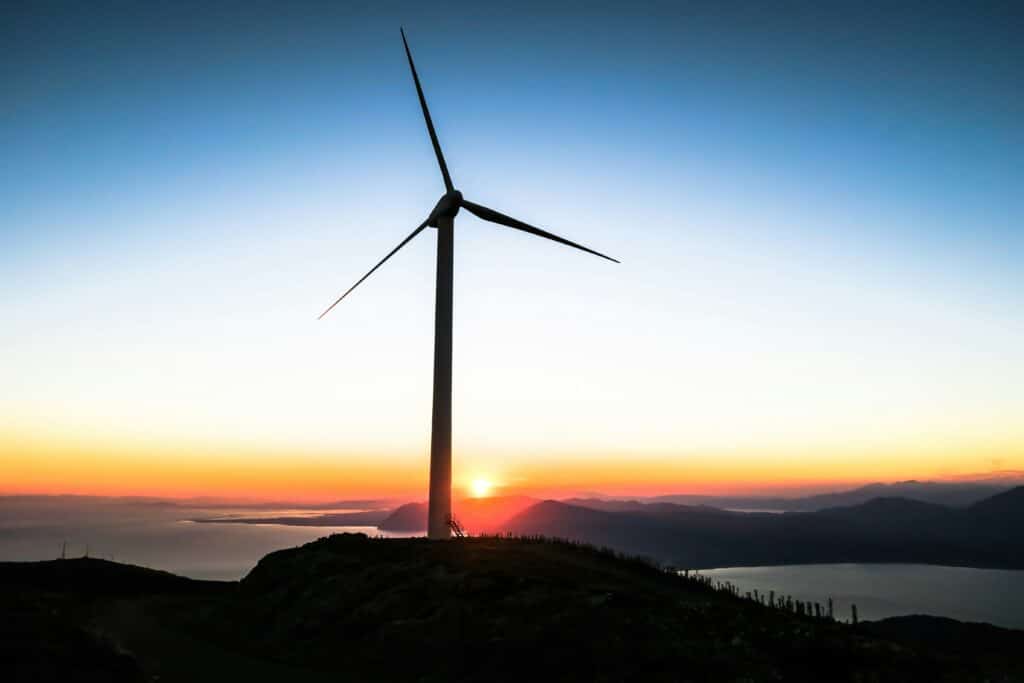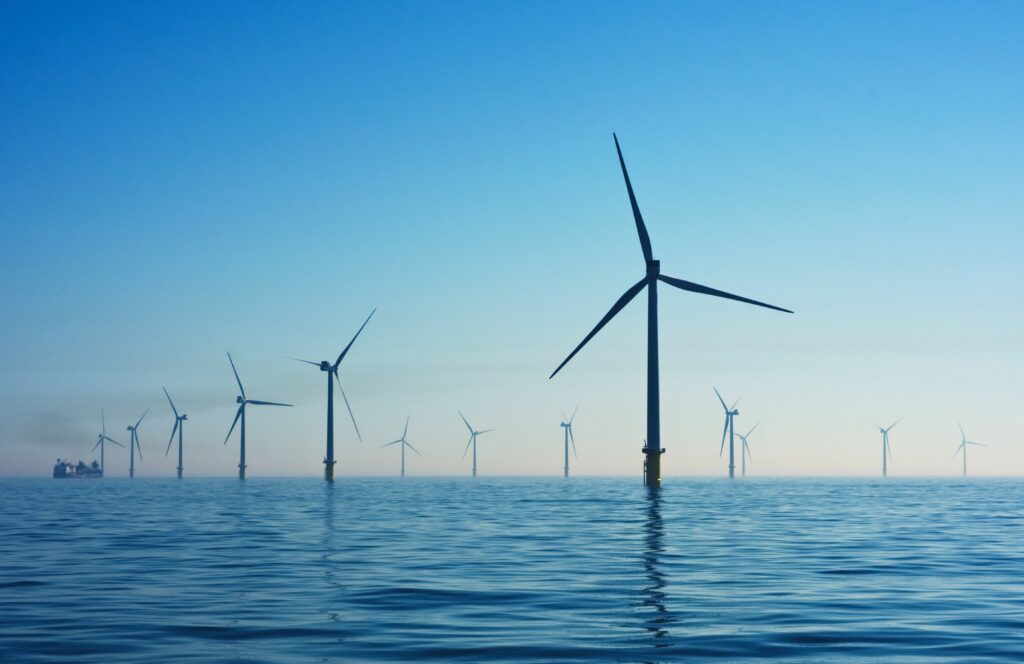Europe’s 2040 Decarbonisation Target: High Stakes and Urgent Action Required
This is the first installment of the Topic of the Month 'Steering the energy shift: the new Commission's upcoming challenges'
The European Union has set ambitious climate goals to solidify its position as a global leader in the fight against climate change. With a commitment to reduce CO2 emissions by 55% by 2030 and achieve net-zero emissions by 2050, the stakes are higher than ever. The road to these targets is challenging, but a significant milestone was reached in February 2024 when the European Commission presented its assessment for a 2040 climate target for the EU. This assessment is a critical step toward ensuring that Europe remains on course to meet its long-term decarbonization objectives.
The European Commission has recommended a groundbreaking decarbonisation target: reducing the EU’s net greenhouse gas emissions by 90% by 2040, relative to 1990 levels. This recommendation is rooted in the scientific advice of the European Scientific Advisory Board on Climate Change, underscoring the need for urgent and transformative action.
The Commission’s President, Ursula von der Leyen, has unequivocally endorsed this target in her political guidelines, reflecting the EU’s commitment to leading by example on the global stage.
The first von der Leyen Commission made significant strides with the “Fit for 55” legislative package, which laid the groundwork for the EU’s 2030 climate targets. This comprehensive package of measures was designed to ensure the EU meets its commitment to cut greenhouse gas emissions by 55% by 2030. However, passing legislation is only the beginning. The real challenge lies in the effective implementation of these measures and the investments required to make them a reality.
As the incoming Commission prepares to present a Clean Industrial Deal to support these efforts, the onus is on EU Member States to take decisive action. This is where the first signs of trouble are emerging.
The National Energy and Climate Plans
A critical component of the EU’s energy climate governance framework is the requirement for Member States to submit their long-term National Energy and Climate Plans (NECPs). These plans outline how each country intends to meet its climate targets and are a vital tool for monitoring the EU’s overall progress. They also provide essential insights into the development of the EU’s single market, particularly in disputed areas such as clean hydrogen, carbon capture, utilization and storage (CCUS), biomethane, and biofuels.
The timely submission of comprehensive NECPs is not just a bureaucratic formality—it is crucial for triggering the necessary investments and ensuring that Europe stays on track to meet its climate targets. Moreover, because many of these measures are supported by State Aid, the NECPs can have substantial implications for neighbouring countries, highlighting the importance of coordinated action across the EU.
Despite the clear importance of NECPs, the response from EU Member States has been troubling. The updated NECPs for the period up to 2030 were due on June 30, following a comprehensive preparation exercise. However, only five countries met this deadline. By the end of August, just ten EU countries had submitted their long-term climate action plans, with notable absentees including “climate champions” like Germany and Spain.
This delay has significant consequences. Without all NECPs in hand, the Commission cannot accurately assess whether the EU is on track to meet its climate targets. Furthermore, the vigorous analysis of these plans is essential for substantiating the 2040 decarbonization target. If the current trend of delayed submissions continues, it could undermine the EU’s ability to enforce necessary policy changes and risk the entire decarbonization agenda.
The EU’s climate and energy goals are being pursued in an increasingly complex and unstable geopolitical environment. The Russian war in Ukraine, rising geopolitical tensions, and global trade conflicts have all significantly impacted Europe’s energy resilience. The intertwining of climate action and energy security has never been more apparent, with households and industries across Europe demanding lower energy bills and more stable energy supplies.
In this uncertain period, it is clear that the current governance mechanisms of the Energy Union are under strain. Europe must strengthen its energy resilience and ensure that its climate policies are robust enough to withstand external shocks. This is not just about meeting climate targets—it is about securing the well-being of Europe’s citizens and ensuring the stability of its economy.
As the EU develops its green industrial framework, designed to trigger investment in net-zero manufacturing, the importance of a secure and resilient energy system cannot be overstated. The success of Europe’s climate goals depends on its ability to maintain energy security while transitioning to a low-carbon economy. This dual challenge must be at the forefront of the EU’s policy agenda as it navigates the road to 2040.






